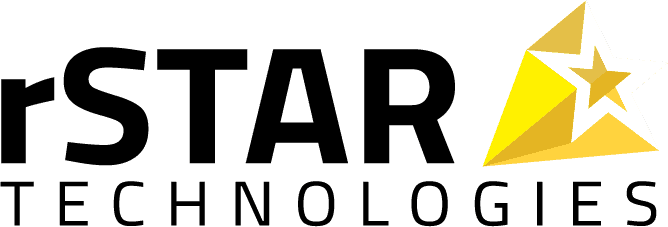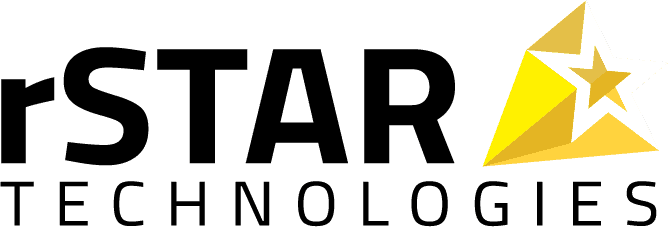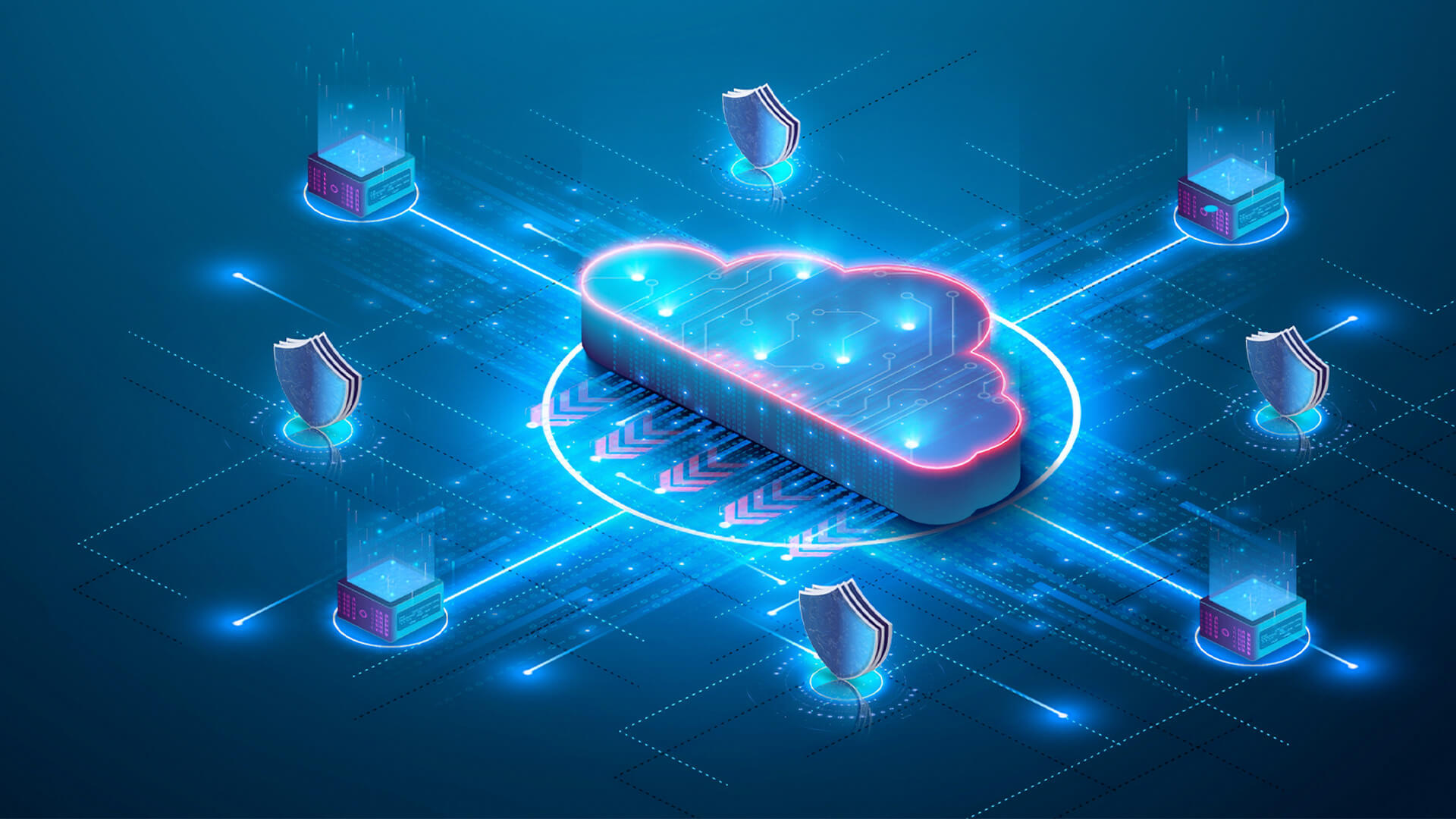Salesforce is a transformative platform for manufacturers, but it can never achieve its full potential for your business on an island. Maximizing your return on Salesforce is all about integration and connectivity.
Table of Contents
In this blog, we’ll explore:
- The power & potential of Salesforce-ERP integration
- Leveraging Experience Cloud to maximize digital collaboration
- Accelerating service execution with Service Cloud & Field Service
- How AI from Einstein strengthens your whole approach
Integration #1: Connecting Salesforce & Your ERP
If you have customer data stored in an ERP, that system needs to be fully integrated with Salesforce to deliver maximum value.
By connecting your ERP to Salesforce, you create a single source of truth for customer data. That means no rekeying information from one system into the other, no bulk uploads, and no confusion caused by inconsistencies.
With that live connected environment in place, your front-office and back-office teams can collaborate in a more responsive, efficient manner that reduces process times and maximizes clarity. At the same time, that integration can be used as the foundation for a powerful customer experience transformation (more on that in just a second).
Connecting Salesforce and a third-party ERP does present some challenges. For one, you’ll need to ensure you have the proper business objects and properties defined on both platforms to create a consistent presentation of a single set of data. This may require some transformation rules but should present no significant challenge to an experienced Salesforce integrator.
Integration #2: Experience Cloud
On its own, Salesforce is great for helping your sales team plan and execute customer engagement strategies. With Experience Cloud integration, you can create a dedicated digital space for customer collaboration that brings those strategies to life in user-friendly, self-service environment.
The best, most comprehensive Experience Cloud portals are built directly on top of connected Salesforce-ERP environments (like those described in Integration #1). By extending all the customer data in your ERP and Salesforce to Experience Cloud, you can provide your customers with 24/7 access to their entire account history with you, including past, pending, and scheduled orders, service requests, etc.
By enabling self-service for the vast majority of customer inquiries, Experience Cloud transforms your sales and account management teams into true client success professionals. They have more strategy time (since they manage far fewer calls), and they have a much deeper understanding of customer needs, goals, routines, and frustrations (based on behavioral data from the backend of the platform).
Experience Cloud is also a terrific tool for building Partner, Vendor, or Supplier portals because it enables you to direct business data directly from your ERP and Salesforce to appropriate stakeholders, creating greater transparency and more responsive relationships than ever before.
Integration #3: Service Cloud & Field Service
Integration has completely transformed the potential of field service teams over the last few years. By connecting your mobile technicians with a data-rich mobile toolkit that extends the full power of your ERP and Salesforce to the field, you can serve customers better and turn field service into a profit center.
With a live glimpse into Salesforce/your ERP via Field Service integration, they can get an instant snapshot of customer account history, their full catalogue of products/services, and the notes and reminders sales professionals and other technicians have made over the years. That means each field service professional can present as highly knowledgeable and competent in the field during every visit and can form personal relationships with customers more rapidly.
At the same time, that customer profile makes it much simpler for techs to recommend proactive service and up- or cross-sell additional relevant products on the go. In this way, Field Service integration turns every in-person customer interaction into an opportunity to grow the account further.
Field Service connectivity also drives profit by reducing reporting times for your mobile team. As they log information in the field, it is natively synced with Salesforce (and extended to your ERP through integration, if applicable). That means no lost time between jobs filling out paperwork and no delays getting technicians off the clock at end-of-day.
Bonus Integration: AI from Einstein
We’ve all been saying it for a while now: AI is the future. Now, however, we’re finally starting to understand what that actually looks like.
Einstein is the perfect red ribbon to tie together a Salesforce integration transformation. With Einstein, you can enhance your Experience Cloud portal by enabling automated conversational interactions, provide your sales team with predictive insights based on customer behavior, and create more time and space than ever for strategy and collaboration by automating as many low-level processes and interactions as possible.
If you’re looking to maximize both customer experience and the business power of customer data, Einstein integration is a must.
Taking the Next Step
If you’re a manufacturer building a digital transformation around Salesforce, you need the right integration strategy and partner to succeed. That’s where rSTAR comes in.
We’re a go-to Salesforce integration partner for manufacturers looking to maximize their returns on CX, connected enterprise, field service, and automation initiatives. We’re well-respected within Salesforce as a partner with a proven approach to Salesforce-ERP integration and overall portfolio optimization for manufacturers.
If you’re intrigued by the possibilities of any of the innovative integrations mentioned above or want to strategize on your next step with Salesforce, it’s time to schedule a discovery session!







